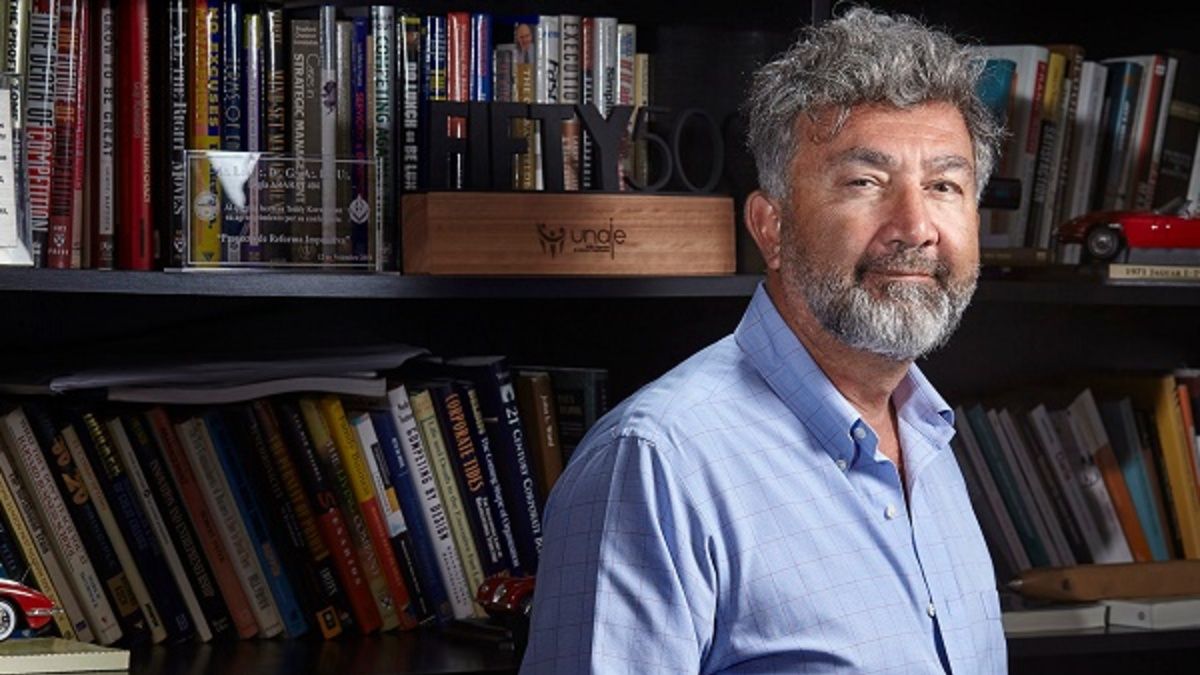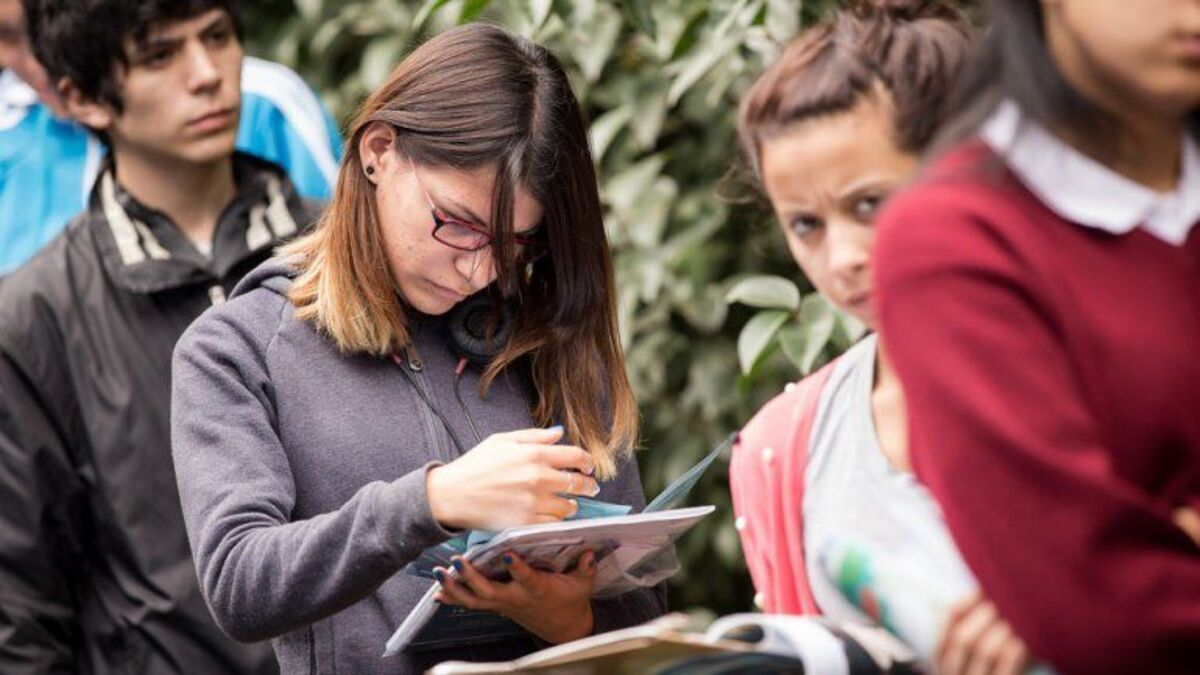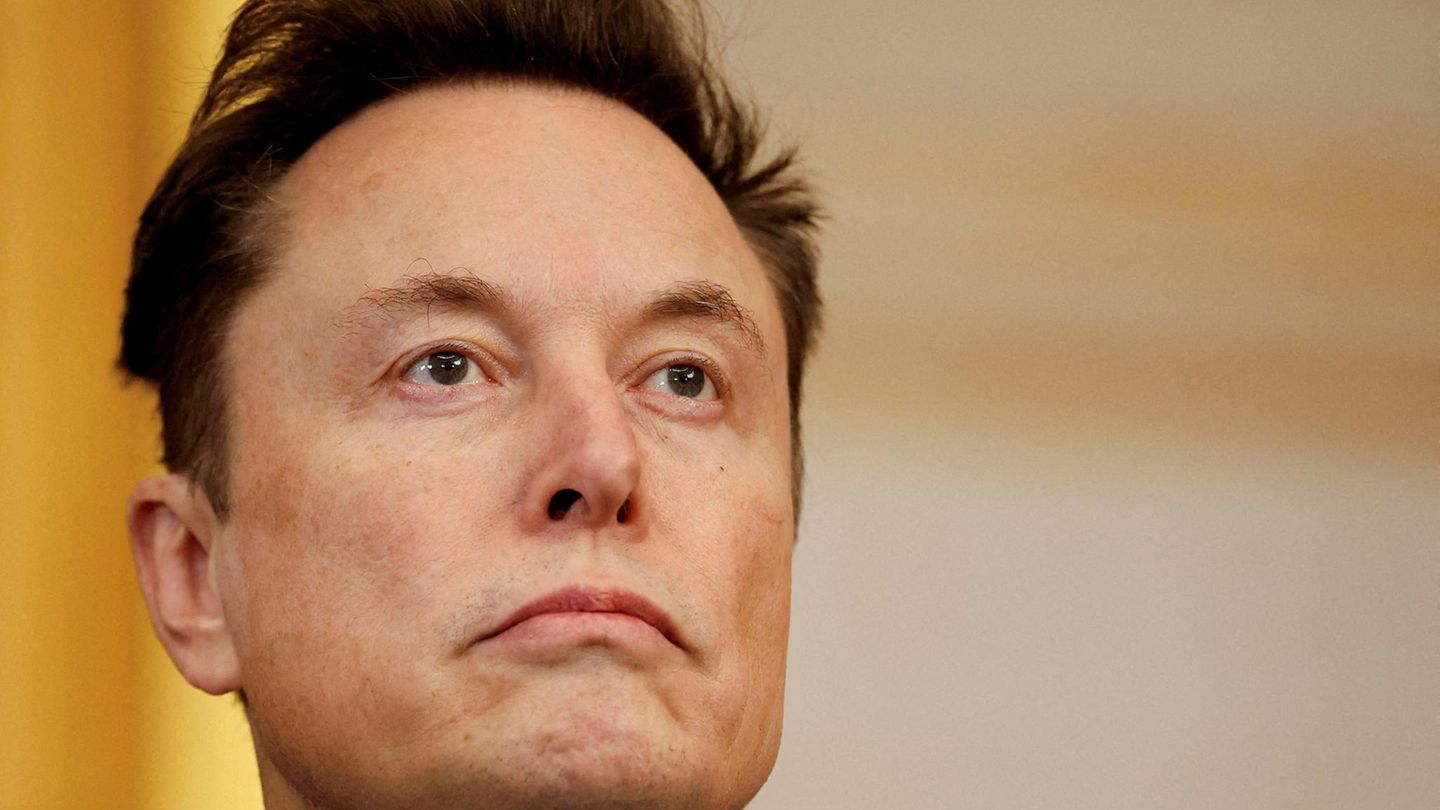Journalist: How is the textile sector at the beginning of the year?
Teddy Karagozian: “The textile industry in Argentina is doing very well, we are recovering part of the production lost during the years of macrismo and we still need to reach the maximum levels we had in 2015. We have restrictions because there are no dollars in Argentina to buy machinery but The whole sector is investing a lot. Hundreds of millions of dollars have been invested in these two years in machinery to increase production. This gradually increases employment in the sector. The restrictions we have are the logical product of a country that has become impoverished and indebted, but we are hopeful that we can soon return to the maximum level we had in 2015.”
Q: How does access to dollars harm textile production?
TK: We are aware that Argentina has become impoverished. We are making the investments to the extent we have and there are dollars available. It is a big problem, but it is not a problem of the Central Bank but of Argentina that does not have dollars. Lhe largest investments in our history are being made now. Two sectors are missing that have to increase their production capacity: the dry cleaners, which are chemical processes where, due to the lack of technicians, it is very difficult to increase the speed of production. During the years of crisis, many chemical technicians dedicated themselves to other things and now it is difficult to obtain. We also have many problems in the manufacturing part that, due to the very complex labor laws of Argentina, it is not convenient to have large companies to manufacture. In this context, we believe that the possibility of having compensation insurance would make it possible for thousands of women who are out of work today because they cannot find jobs, to work in the clothing industry in La Rioja, Catamarca, Chaco, Tucumán, Buenos Aires and San Juan and give enormous growth to employment in the industry. If clothing increases, the production of cloth, yarn and cotton consumption will increase.
Q: You presented the project “Backpack Argentina”: Was it received by the Ministry of Productive Development?
T.K: All the ministries have it and the ministers Martín Guzmán, Matías Kulfas, Claudio Moroni and Juan Zabaleta will have seen it. I think it is slowed down because perhaps the Ministry of Labor has not understood the great implications for the increase in employment and the consequent reduction in poverty in Argentina. But little by little, if society understands that the “Argentine backpack” gives more rights to the worker because it assures everyone that they can collect compensation while today less than 20% do, many of the problems that Argentina has, such as the informality that exists in all industries, would be solved. But this requires having a statesmanlike vision and that sometimes takes time.
Q: Why doesn’t the Argentine businessman hire more personnel despite the fact that the current productive capacity allows it?
TK: The problem is not the labor conflict but labor liability. Each person in a company accumulates a debt for the company. The more years you have in the company, the more debt they have. This sometimes leads companies to buy more machines than necessary, more technology than necessary, and therefore fewer people. The business community wants to hire more people, but due to labor liabilities they end up having labor conflicts because the employer fires with just cause even though he does not have it, or the employee wants to collect his compensation if he considers himself fired. If one had the Argentine Backpack working, the employee who gets a better job leaves and the employer, when sales increase, would take on more personnel and the unemployment rates would drop. There are many Argentines who do not go to look for work because the salaries are not enough for them and many businessmen who could hire people do not.
Q: How does inflation affect your company when it comes to discussing wages and rising costs?
TK: When there is inflation, there is always price discussion with customers and suppliers. Also, salary discussion. Those discussions take away time that companies should spend improving our products and improving productivity, lowering costs. When there is inflation, you don’t know what the costs are next month. And since they don’t know it, they are dependent on seeing how much the electricity and gas rates are going to reach, how much gasoline, raw material and the dollar are going to come out. They are all things that the employer does not handle. Sometimes it goes well and sometimes it goes wrong, the unpredictability of inflation means there are fewer investments.
The origin of inflation is the monetary issue, its origin is public spending. It is not the taxes because it has many. But public spending is not a problem, because all politicians in Argentina had public spending. This means that Argentina has a lack of private employment. The Argentine Backpack is my true contribution to the solution against inflation, not price control or product import controls. Not the pressure of the Liberals to lower public spending.
The lack of private employment is the origin of public spending because it grants subsidies to people who do not have a job. If private employment increases, the fact that the state employs so many people decreases.
Q: What is causing the price increases in clothing?
TK: Most of the people, 95% do not buy in a mall. Those top brands, 70% of what they have for sale is imported. There are no dollars, and for many years they were not buying from the national industry and were left without suppliers.
The big brands, instead of producing locally, try to obtain everything by importing because it suits them better because there are few clothing manufacturers in Argentina.
For the price of clothing to go down, it is necessary to lower taxes, because the added value means that 55% of the total price is taxes. The second issue, almost 20% of the prices observed are in rentals and a percentage in the issue of financial intermediation, call cards or Mercado Pago. On the other hand, logistics are very expensive. 8% of clothing is from manufacturers.
They are the brands that have a very high percentage of imported products that are expensive. Those of us who sell to national brands with Argentine cotton and Argentine raw material and without so much branding and advertising, the products are cheap. Even people with low resources can be provided with cheap clothing.
Q: What do you think about “Fashion Action”, the Productive Development program to buy at cheaper prices?
TK: Now the brands are making a great effort that they are going to make a discount for this season. I think it is a good initiative that tries to solve the symptoms but not yet the problem.
Q: How do you see the Argentine economy after the approval of the agreement with the IMF?
TK: Agreement is necessary but not sufficient. If the agreement hadn’t been there, things would go very badly. That there are people on both the left and the right who use the agreement to pour water into their mill is shameful. It is not enough for Argentina to grow. Argentina has to grow, it has to change its taxes, it has to begin to change its vision of the businessman as the bad man and the state as the good man. The state has to distribute what the private sector has generated, what we have to do is increase the production of the private sector in everything.
It is illogical for a country like Argentina to promote what some on the left promote, which is to lower working hours. A poor country like Argentina, reducing working hours is not going to increase work.
We Argentines have to get to work, it means working in a private company that generates added value and that wealth is distributed in a way that affects people and that when you work, you get paid well for what you work for. If there is unemployment and there is inflation, wages will never go up.
A salary cannot go up if there is a surplus of personnel. When you put out an ad and 100 people appear for a single position, wages go down. When you advertise and don’t get people, wages go up. It’s as simple as that.
Q: Finally, do you have a dialogue with the Ministry of Productive Development?
TK: I have a dialogue with Minister Matías Kulfas, with Minister Guzmán, with Zavaleta. The truth is that I feel very listened to. It does not mean that they can do everything that one wants, but honestly, in my opinion, it is a government that listens a lot.
Source: Ambito
David William is a talented author who has made a name for himself in the world of writing. He is a professional author who writes on a wide range of topics, from general interest to opinion news. David is currently working as a writer at 24 hours worlds where he brings his unique perspective and in-depth research to his articles, making them both informative and engaging.




